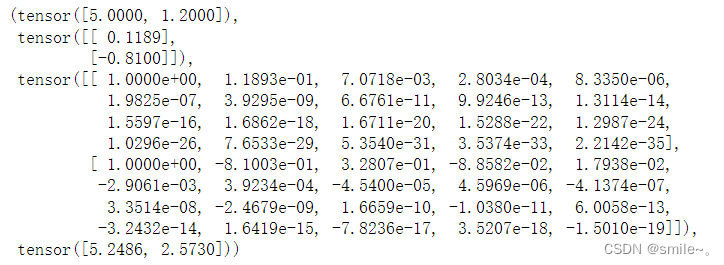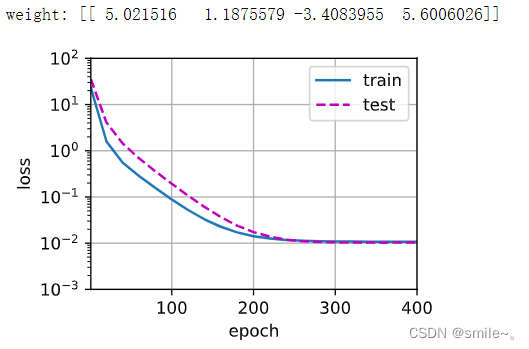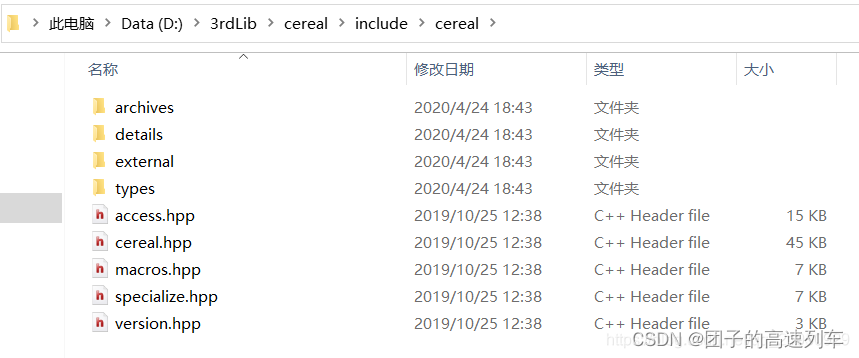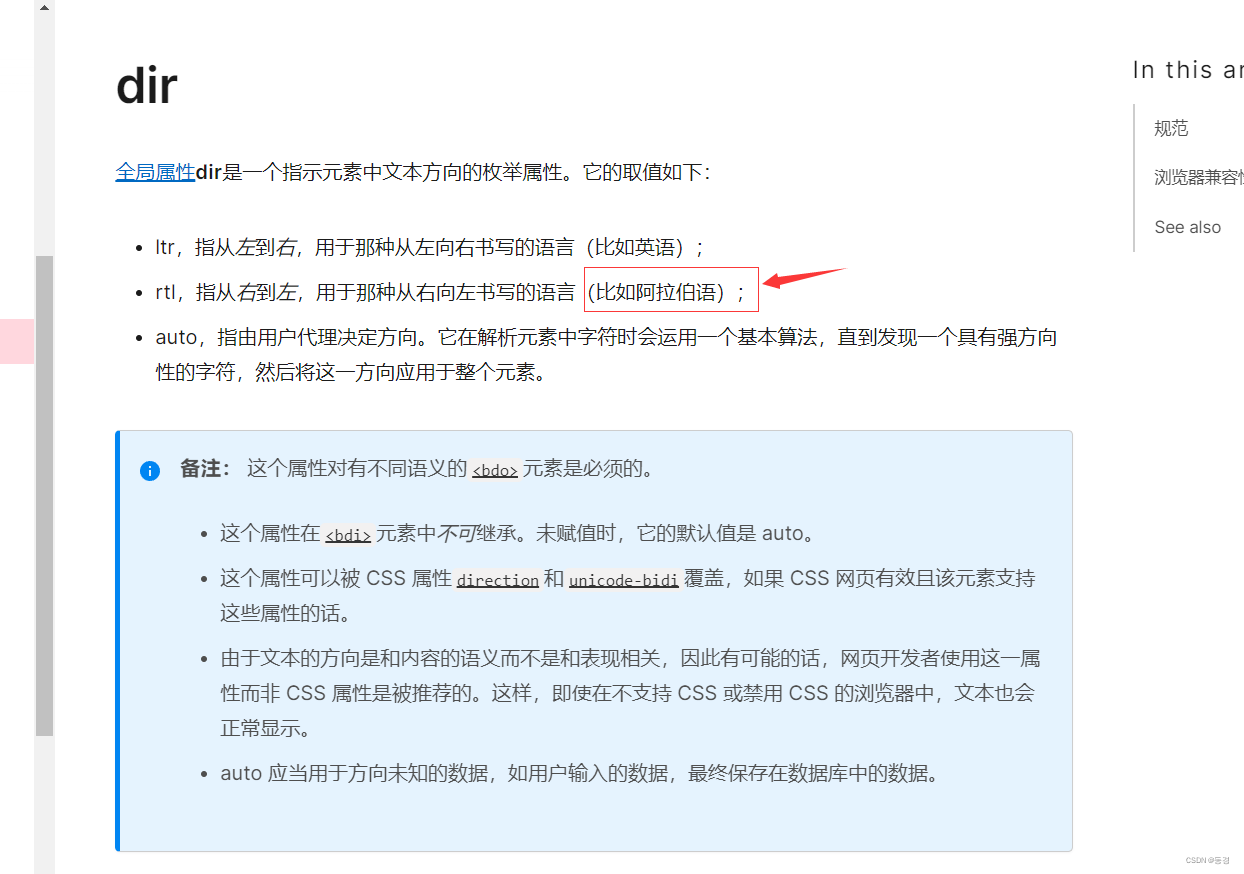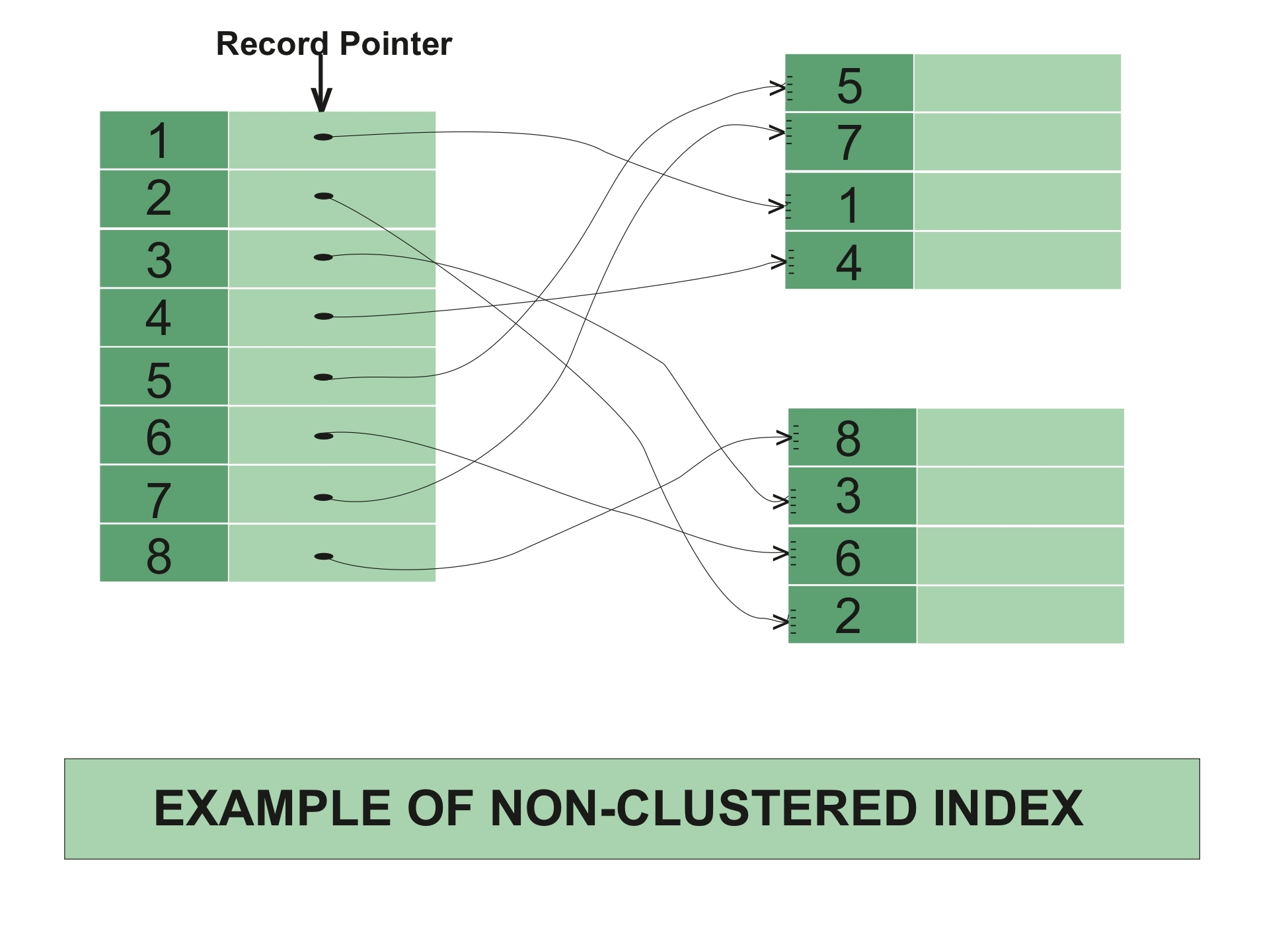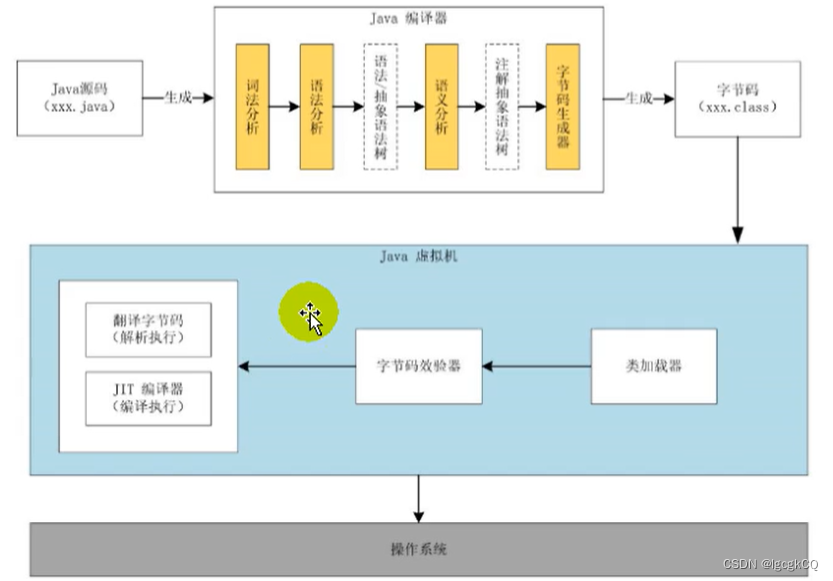import math
import numpy as np
import torch
from torch import nn
from d2l import torch as d2l
max_degree = 20
n_train, n_test = 100 , 100
true_w = np. zeros( max_degree)
true_w[ 0 : 4 ] = np. array( [ 5 , 1.2 , - 3.4 , 5.6 ] )
features = np. random. normal( size= ( n_train + n_test, 1 ) )
np. random. shuffle( features)
poly_features = np. power( features, np. arange( max_degree) . reshape( 1 , - 1 ) )
for i in range ( max_degree) :
poly_features[ : , i] /= math. gamma( i + 1 )
labels = np. dot( poly_features, true_w)
labels += np. random. normal( scale= 0.1 , size= labels. shape)
true_w, features, poly_features, labels= [ torch. tensor( x, dtype= torch. float32) for x in [ true_w, features, poly_features, labels] ]
true_w[ : 2 ] , features[ : 2 ] , poly_features[ : 2 , : ] , labels[ : 2 ]
def evaluate_loss ( net, data_iter, loss) :
'''评估给定数据集上模型的损失'''
metric= d2l. Accumulator( 2 )
for X, y in data_iter:
out= net( X)
y= y. reshape( out. shape)
l= loss( out, y)
metric. add( l. sum ( ) , l. numel( ) )
return metric[ 0 ] / metric[ 1 ]
def train ( train_features, test_features, train_labels, test_labels,
num_epochs= 400 ) :
loss = nn. MSELoss( reduction= 'none' )
input_shape = train_features. shape[ - 1 ]
net = nn. Sequential( nn. Linear( input_shape, 1 , bias= False ) )
batch_size = min ( 10 , train_labels. shape[ 0 ] )
train_iter = d2l. load_array( ( train_features, train_labels. reshape( - 1 , 1 ) ) ,
batch_size)
test_iter = d2l. load_array( ( test_features, test_labels. reshape( - 1 , 1 ) ) ,
batch_size, is_train= False )
trainer = torch. optim. SGD( net. parameters( ) , lr= 0.01 )
animator = d2l. Animator( xlabel= 'epoch' , ylabel= 'loss' , yscale= 'log' ,
xlim= [ 1 , num_epochs] , ylim= [ 1e-3 , 1e2 ] ,
legend= [ 'train' , 'test' ] )
for epoch in range ( num_epochs) :
d2l. train_epoch_ch3( net, train_iter, loss, trainer)
if epoch == 0 or ( epoch + 1 ) % 20 == 0 :
animator. add( epoch + 1 , ( evaluate_loss( net, train_iter, loss) ,
evaluate_loss( net, test_iter, loss) ) )
print ( 'weight:' , net[ 0 ] . weight. data. numpy( ) )
train( poly_features[ : n_train, : 4 ] , poly_features[ n_train: , : 4 ] ,
labels[ : n_train] , labels[ n_train: ] )
train( poly_features[ : n_train, : 2 ] , poly_features[ n_train: , : 2 ] ,
labels[ : n_train] , labels[ n_train: ] )
train( poly_features[ : n_train, : ] , poly_features[ n_train: , : ] ,
labels[ : n_train] , labels[ n_train: ] , num_epochs= 1500 )
